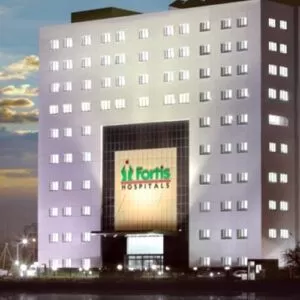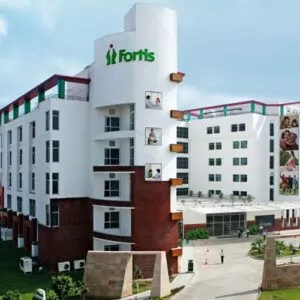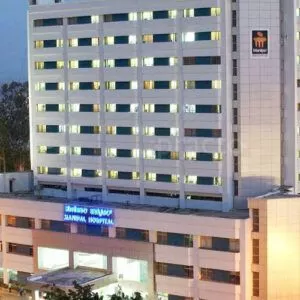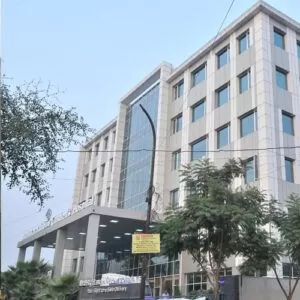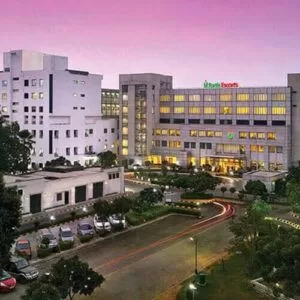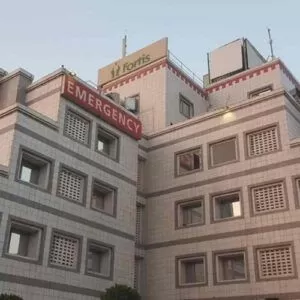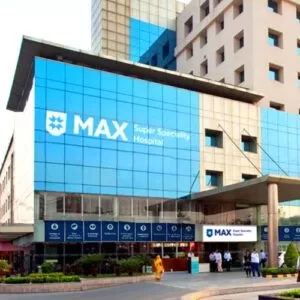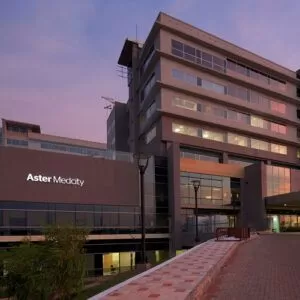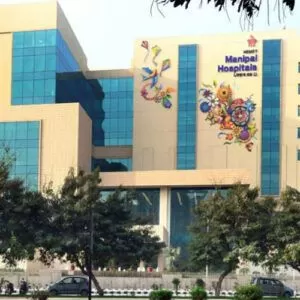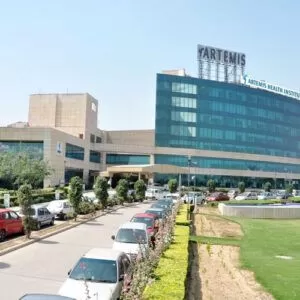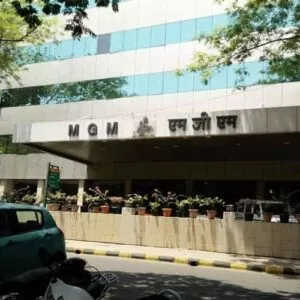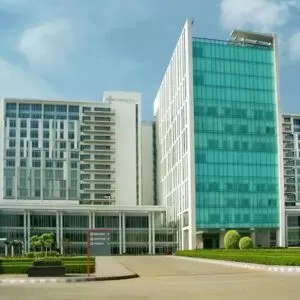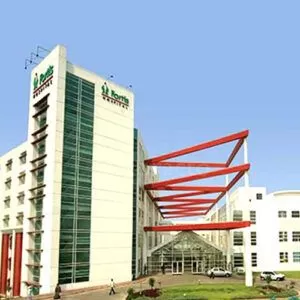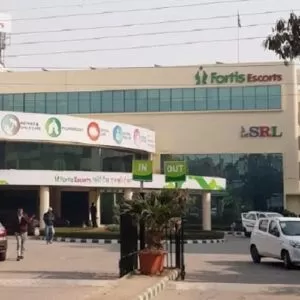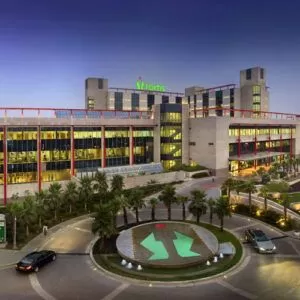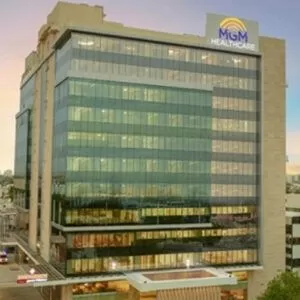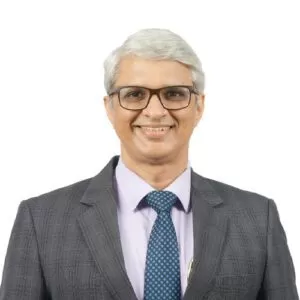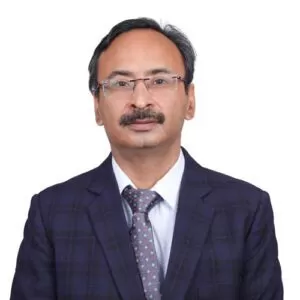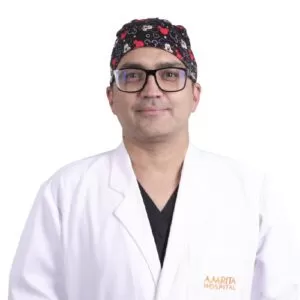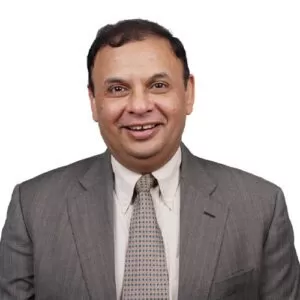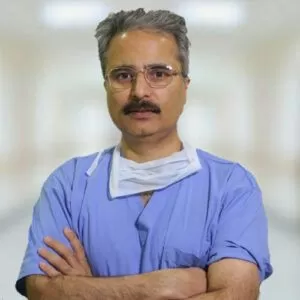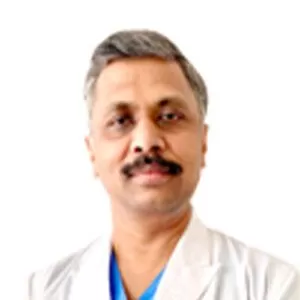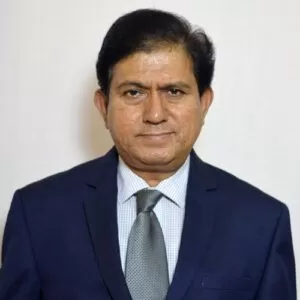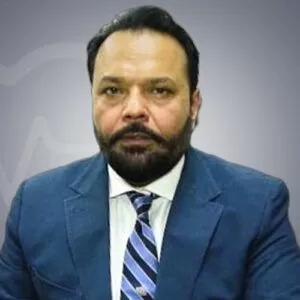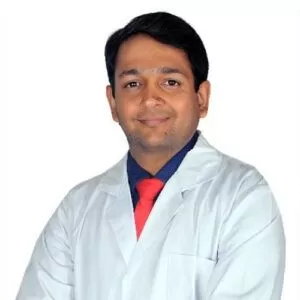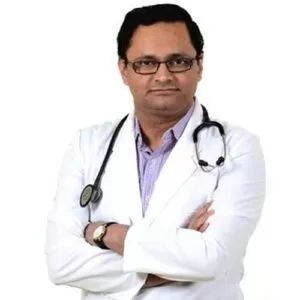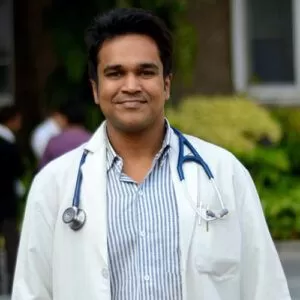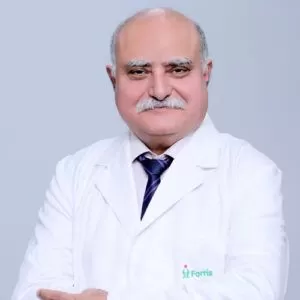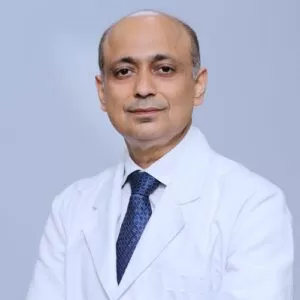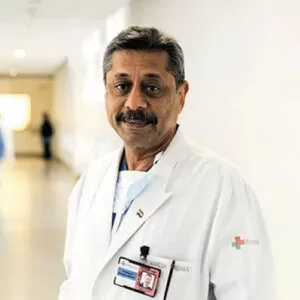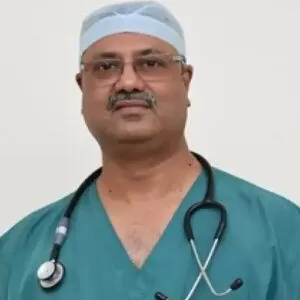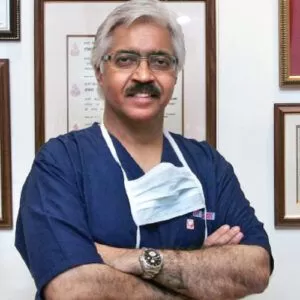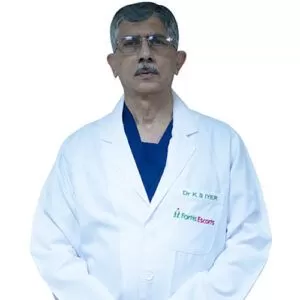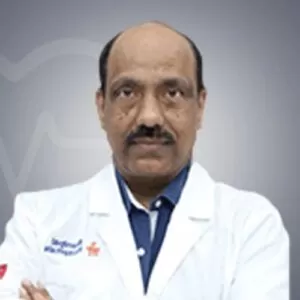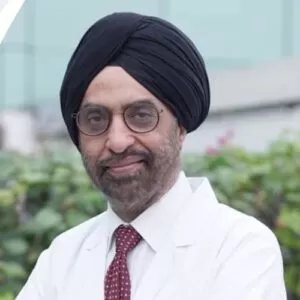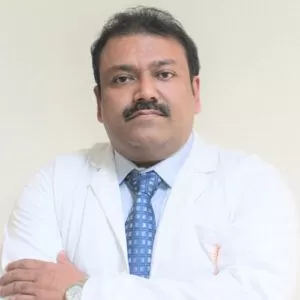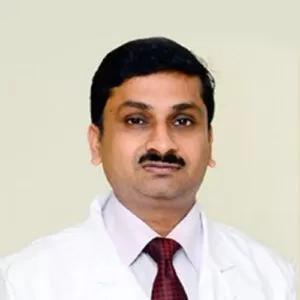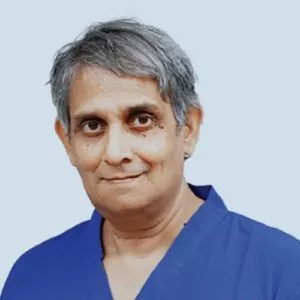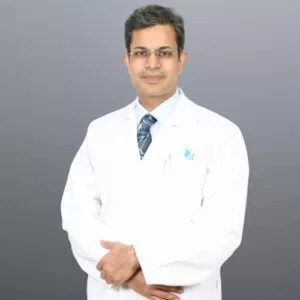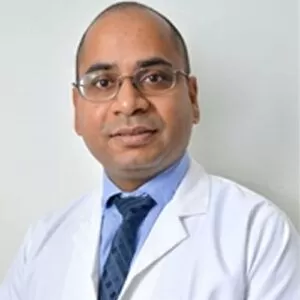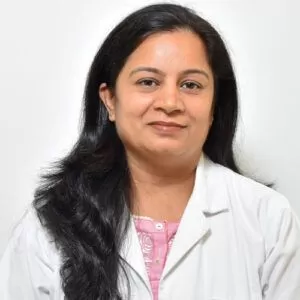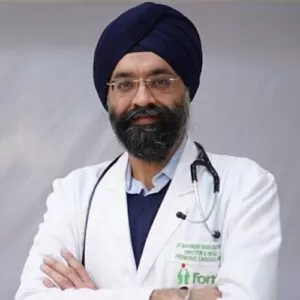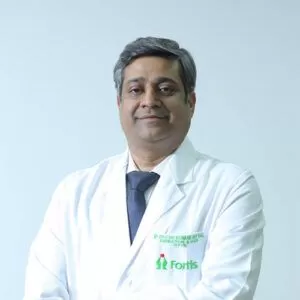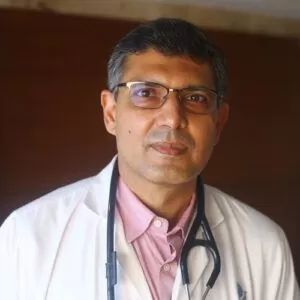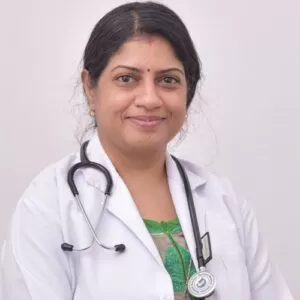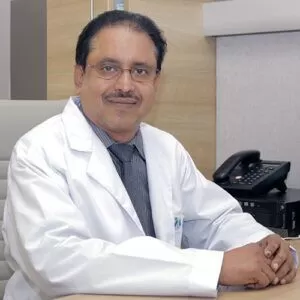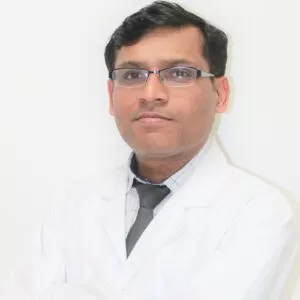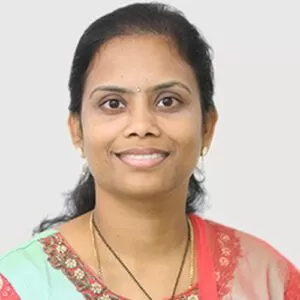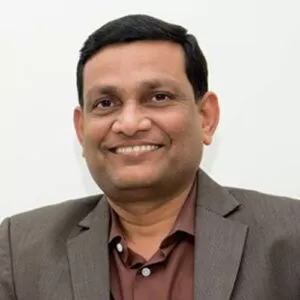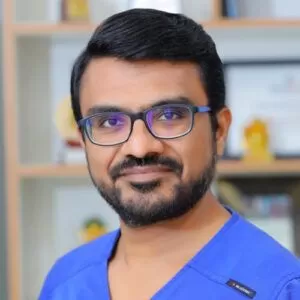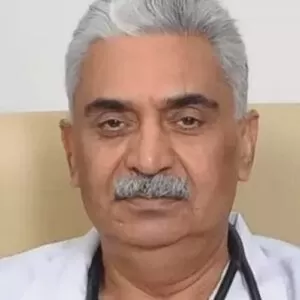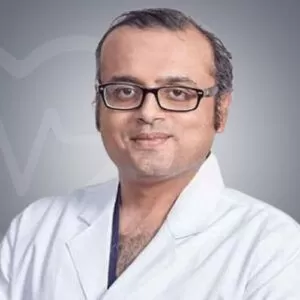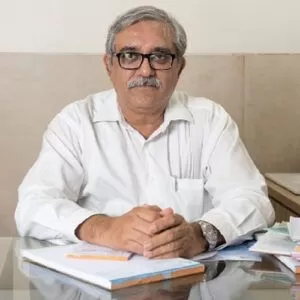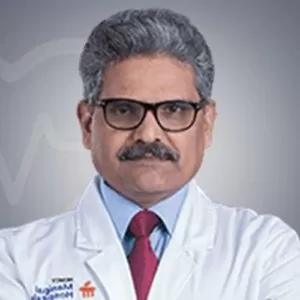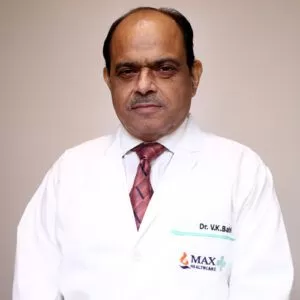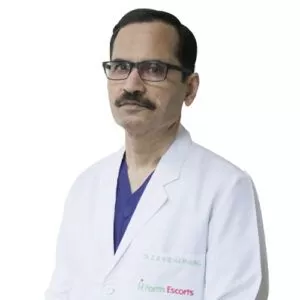• 400+ JCI and NABH-accredited hospitals
• 2,000+ experienced cardiac specialists.
• With over 10,000 cardiac surgeries coordinated including 4,000+ adult and 6,000+ pediatricians
We have helped patients from 40+ countries access expert care with confidence.
Whether you need bypass surgery (CABG), angioplasty, valve replacement, TAVI/TAVR, pacemaker implantation, or even a heart transplant in India, our team ensures seamless support across every stage from diagnosis and hospital selection to surgery, ICU recovery, and cardiac rehabilitation.
We work with India’s top institutions like Fortis Escorts, Terrain, Apollo, and BLK-Max, and partner with renowned specialists such as Dr. Ashok Seth, Dr. Rajneesh, and Dr. Neerav Bansal, trusted globally for their expertise in cardiology and cardiothoracic surgery.
Our Partner Hospitals Specialize In:
• Coronary Angioplasty & Stenting: A minimally invasive procedure used to open blocked or narrowed arteries that restrict blood flow to the heart. A stent (metal mesh tube) is inserted to keep the artery open especially beneficial for patients with chest pain (angina) or mild heart attacks. Always performed under local anaesthesia, with same day recovery in many cases.
• Bypass Surgery (CABG): Recommended for patients with multiple blocked arteries or advanced coronary artery disease. Surgeons use a blood vessel from your leg or chest to create a new route for blood to reach your heart. This open heart surgery significantly reduces the risk of future heart attacks and improves long term survival.
• Valve Replacement Surgery: Suitable for patients with damaged or narrowed heart valves especially mitral and aortic. Doctors may replace the faulty valve with a mechanical or tissue valve through either traditional surgery or less invasive techniques. Improves blood flow, reduces fatigue, and prevents heart failure.
• TAVI / TAVR Procedure: A cutting-edge, non-surgical alternative for high risk patients who are not eligible for open heart surgery. Doctors replace the aortic valve using a catheter inserted through a small incision in the leg. Minimally invasive with faster recovery, ideal for elderly patients with aortic stenosis.
• Pacemaker and ICD Implantation: Used to treat patients with irregular heart rhythms (arrhythmia) or a dangerously slow heartbeat. A small electronic device is implanted in the chest to help maintain a normal heart rate and prevent sudden cardiac arrest. It is a life saving procedure with minimal recovery time.
• Minimally Invasive Cardiac Surgery: Involves smaller chest incisions, less pain, and a quicker return to daily life. Suitable for certain types of valve repairs, hole closures, and bypass procedures. Shinon Global connects you to India’s best hospitals performing MICS using advanced robotic and thoracoscopic systems.
• Pediatric Cardiac Surgery: Specialized treatment for children born with congenital heart defects such as ASD (Atrial Septal Defect), VSD (Ventricular Septal Defect), Tetralogy of Fallot (TOF), and valve issues. Our partner hospitals have dedicated pediatric ICUs and world class surgeons with high success rates in neonatal and infant cardiac care.
• Heart Transplant in India: For patients with end stage heart failure, we coordinate the complete transplant process from donor matching and medical clearance to ICU care and post-op rehab. Our associated hospitals have performed hundreds of successful heart transplants, with survival rates comparable to international benchmarks.
Choosing the best cardiologist doctor in India ensures accurate diagnosis, expert care, and reduced risk of complications and with Shinon Global you can easily reach the top heart specialists.
• Fortis Escorts Heart Institute, Delhi: Globally renowned for complex CABG, angioplasty, and TAVR procedures.
• Medanta, The Medicity, Gurgaon: A leader in valve replacement, heart transplant, and hybrid operating suites.
• Apollo Hospitals, Chennai: Pioneers in pediatric cardiology and minimally invasive bypass surgery.
• BLK-Max Super Specialty Hospital, Delhi: Specialises in arrhythmia treatment, pacemaker implants, and electrophysiology.
• Asian Heart Institute, Mumbai: Focused on minimally invasive heart surgery and robotic cardiac care.
Leading Cardiologists and Heart Surgeons in India:
• Dr. Ashok Seth – Global expert in interventional cardiology and complex stenting.
• Dr. Rajneesh Kapoor – Renowned for structural heart procedures and valve interventions.
• Dr. Sushil Azad – One of India’s top names in pediatric cardiology and neonatal heart care.
• Dr. Neerav Bansal – Skilled in CABG, valve surgery, and advanced cardiothoracic surgery.
• Dr. Vivek Chaturvedi – Specialist in coronary artery disease, heart failure, and cardiac imaging.
Whether you’re looking for the best cardiac surgeon in Delhi, Mumbai, or any other top city in India, we connect you with the right expert based on your overall requirements.
Infographic Content:
Common Heart Conditions We Help Treat at India’s Leading Cardiac Hospitals:
• Coronary Artery Disease
• Valve Defects (Aortic, Mitral)
• Heart Rhythm Disorders (Arrhythmias)
• Heart Failure
• Congenital Heart Disease
• Aortic Aneurysm
• Cardiomyopathy
Need help understanding your heart condition?
Talk to a Shinon Case Manager today and get an expert review.
• Personalized Case Management: A dedicated case manager helps you understand your condition, select the best cardiac doctor in India, and plan your treatment step-by-step.
• Global Medical Second Opinions: We provide quick access to verified second opinions from India’s top cardiology specialists, helping you make informed decisions about complex procedures like valve replacement surgery, pacemaker implantation, or TAVI/TAVR.
• End-to-End International Patient Services: From medical visa support to airport pickups, hotel booking, interpreter services, and local transport, everything is organized before you land.
• Clinical Pathway Support: We coordinate cardiac ICU availability, diagnostic appointments, surgeon consultations, and operating theatre schedules to minimize delays.
• Post-Surgery Cardiac Rehabilitation: We assist with discharge planning, teleconsultations, dietary follow-ups, and cardiac rehab protocols essential for full recovery after major surgeries like bypass surgery or heart transplant.
• Multilingual and Culturally Sensitive Support: With offices in 40+ countries, our team speaks your language and understands your needs, be it dietary preferences, prayer spaces, or family logistics.
Patients from over 40 countries trust us to connect them with the best cardiac surgery hospital in India equipped with advanced technology like robotic surgery, hybrid cath labs, and dedicated cardiac ICUs for complex procedures such as CABG and valve replacements.
Infographic Content
Smart Recovery Tips to Heal Faster After Heart Surgery:
• Stick to Your Medication Schedule: Take all prescribed medicines regularly—especially those for blood pressure, blood thinners, and pain relief.
• Prioritize Gentle Movement: Begin walking and light activity as advised. Movement boosts circulation and helps prevent complications like blood clots.
• Don’t Skip Cardiac Rehab: These supervised programs speed up recovery, improve heart health, and reduce future risk.
• Eat Heart-Healthy Meals: Focus on low-salt, low-fat foods rich in fruits, vegetables, whole grains, and lean proteins.
• Care for Your Incision Site: Keep it clean, dry, and watch for signs of infection such as redness or swelling.
• Manage Stress and Emotions: Anxiety and mood swings are normal. Consider meditation, support groups, or speaking with a counselor.
• Sleep Well, Rest Right: Proper sleep supports healing. Avoid sleeping on your stomach or on the surgery side until cleared by your doctor.
• Avoid Smoking and Alcohol: These can slow healing and increase strain on your heart.
• Stay Hydrated: Water helps with energy levels and organ function during recovery.
• Attend All Follow-Ups: Regular check-ups allow your doctor to monitor progress and make timely adjustments.
At Shinon Healthcare, we strive to make your medical journey as seamless and stress-free as possible. Our comprehensive range of services is designed to support you every step of the way, from pre-travel requirements to post-operative follow-ups. Here’s how we can help:
- Healthcare consulting and medical insurance: We provide expert guidance and assistance in choosing the right healthcare plan and medical insurance.
- Dedicated case manager: Each client is assigned a dedicated case manager who provides personalised support throughout the entire medical journey.
- Recommendations for treatments, doctors, and hospitals: Our team of medical experts provides recommendations for the best treatments, doctors, and hospitals to suit your needs
- Second opinion options: We offer second opinion options from leading medical professionals to ensure you make informed decisions about your medical treatment.
- Onsite surgeries: We facilitate onsite surgeries at top-tier hospitals to ensure the highest quality of medical care.
- Lab solutions and pharmacy supplies: We provide access to high-quality laboratory solutions and pharmacy supplies for your convenience.
- Facilitating further procedures at a chosen hospital on priority: We prioritise your further medical procedures to ensure timely and efficient medical care.
- Visa assistance, flight booking, airport pick-up, and drop-off: We assist with visa applications and flight bookings, and provide airport pick-up and drop-off services to ensure a hassle-free travel experience.
- Assistance in the hotel or guest house selection: We help you choose from a selection of top-rated hotels and guest houses to make your stay comfortable and enjoyable.
- Local guidebook and language interpreter support: Our local guidebook and language interpreter support services ensure that you have a smooth and enjoyable experience in your destination country.
- Assistance in local SIM cards and foreign exchange: We provide assistance in obtaining a local SIM card and exchanging currency to make your stay stress-free.
- Post-operative follow-ups: We provide postoperative follow-ups to ensure that you are recovering well and receiving the necessary medical care.
At Shinon Healthcare, we are committed to providing the highest quality medical value travel services, and our comprehensive range of services is a testament to our dedication to our clients.

